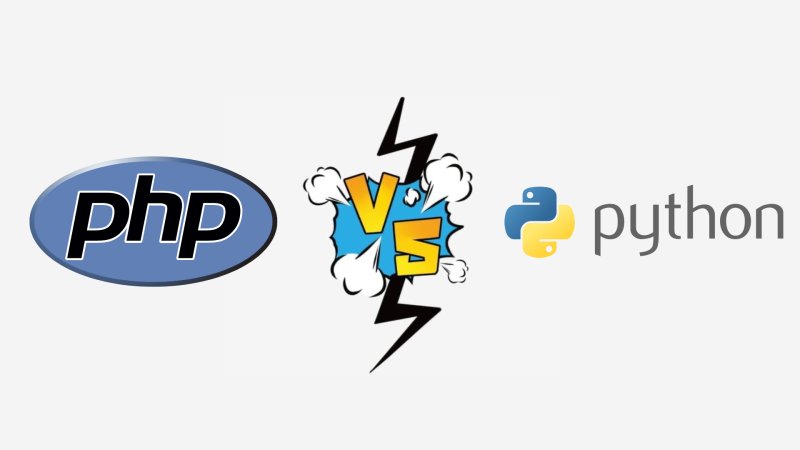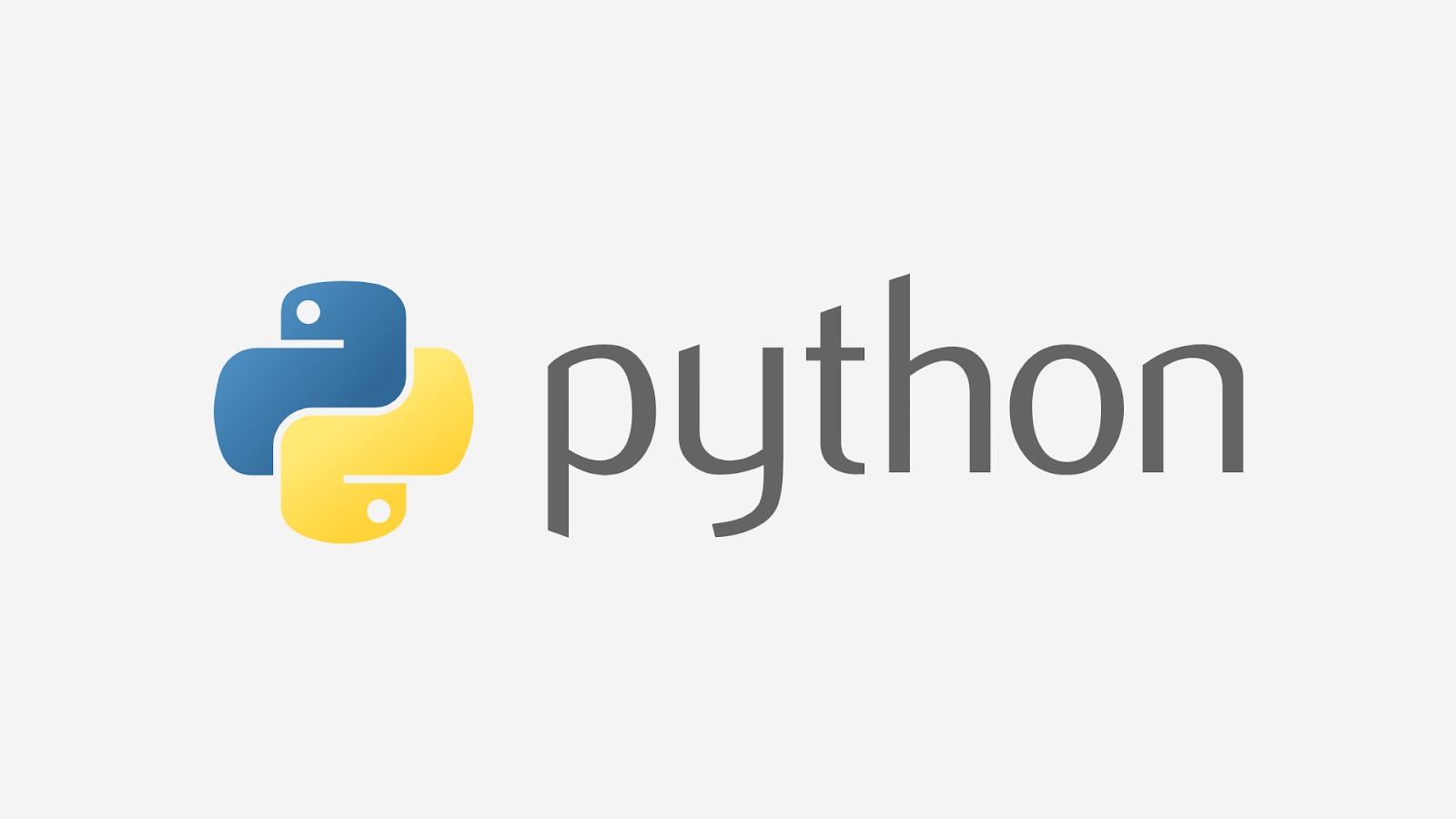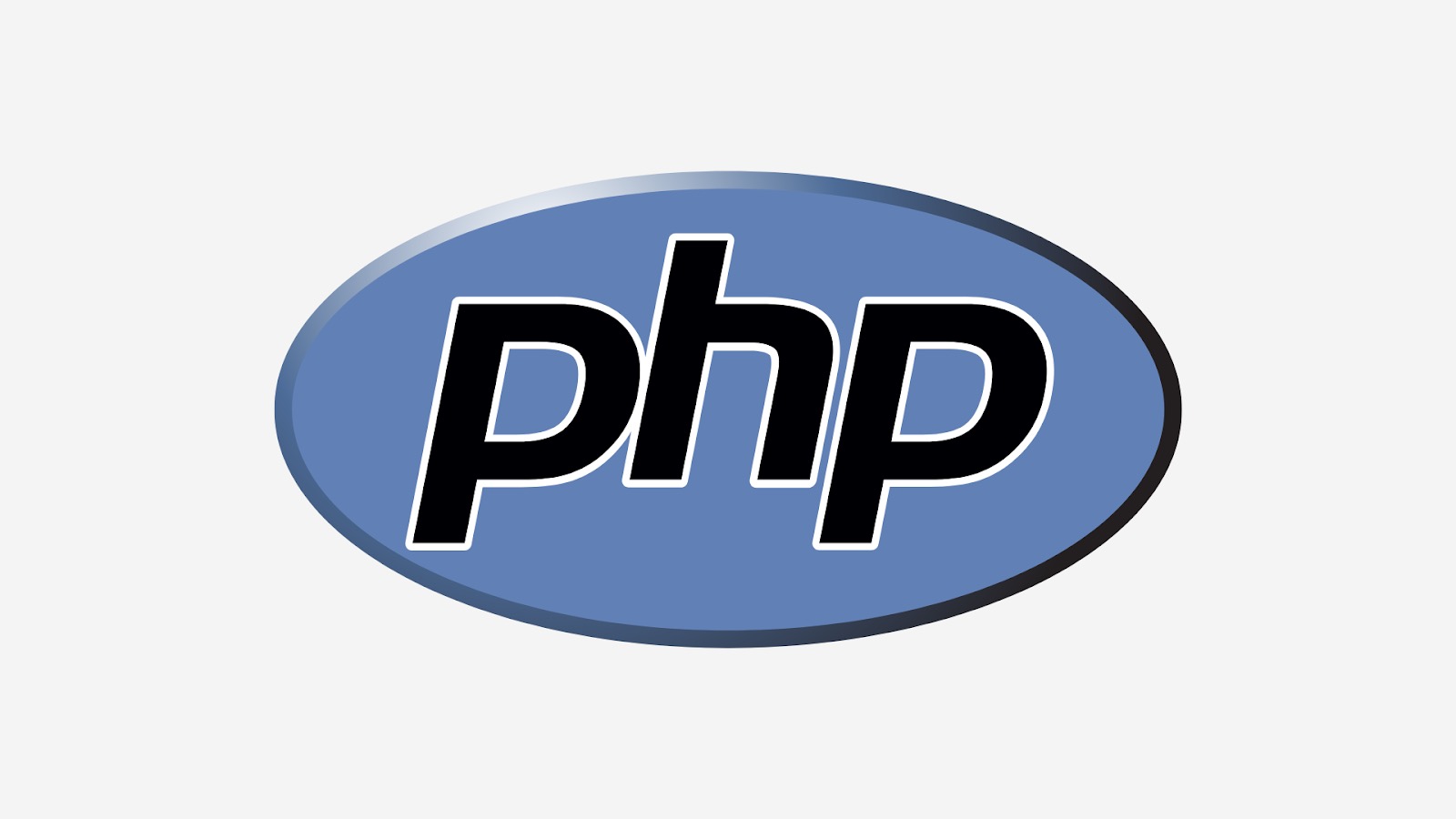
PHP vs. Python: Which to choose for web development?
Choosing the right programming language is very important for any development project. Currently, Python and PHP are two popular programming languages that most companies prefer to use for project development.
When comparing these two languages, choosing one of them becomes somewhat difficult. Although many websites are developed in PHP, Python has also become very popular in the last few years.
But which programming language is right for your web application - Python or PHP? In this article, we'll discuss the basics of these two languages and then move on to comparing them. So, let's get started!
What is Python?

Python is an open-source programming language focused on object-oriented programming concepts. Guido Van Rossum developed the language in 1991. It is now one of the most widely used languages, providing a high-level and easy-to-understand syntax.
Many companies around the world use Python in their applications. It acts as a scripting language for web browsers, so it can be used to develop web applications.
Features of Python
-
Python can run on different hardware platforms using the same user interface.
-
It is easy to read, learn, and maintain.
-
It provides good structure and support for large programs.
-
Low-level modules are easy to incorporate into the Python interpreter.
-
Python has support for automatic garbage collection.
-
You can integrate Python with C, C++, and Java programming code.
-
Python provides high-level dynamic data types and support for dynamic type checking.
-
It helps with interactive testing and debugging.
Pros and cons of Python
Here are the pros and cons of using the Python programming language for web development:
Pros of Python
-
A general-purpose, object-oriented, and versatile language that can be used in a variety of domains
-
Features cross-platform code reuse
-
Easy to use, read, learn and maintain
-
Features automatic garbage collection
-
Develops applications with a graphical interface
-
Can be easily integrated with code in other languages like Java or C++
-
Has libraries like Tensorflow for solving mathematically complex problems
-
Uniformly deployable, open-source language
-
WORA functionality makes it portable
Cons of Python
-
Little useful in mobile computing, browsers, and mobile app development
-
It uses a huge amount of memory to make the developer's job easier
-
Runs slower than other website development languages
-
Delays in testing web applications
-
Bug detection becomes difficult because of dynamic typing
-
Giant size for a simple and small application or website
-
Too simple for some specific tasks
When to choose Python?
-
The Python programming language is becoming increasingly popular these days. Here are some cases when you should choose Python:
-
Building websites using the Django framework
-
Pursuing in-depth data analysis
-
And working in fields such as robotics and data science.
What is PHP?

PHP or Hypertext Pre-processor is a suitable programming language choice for web developers. It is an open-source server-side scripting language that is used to create versatile websites. PHP is the current language choice with some outstanding features, plugins, libraries and add-ons providing tremendous community support and functionality.
Rasmus Lerdorf developed PHP or Personal Home Page in 1995. After that, it got its new name, i.e. PHP-Hypertext Pre-processor. Almost all web browsers support PHP, and it is a fantastic tool for developing the backend of web applications.
PHP powers almost every Web site on the Internet. It is a flexible, pragmatic, and fast language that can handle dynamic content in HTML sites, session tracking, and databases.
Features of PHP
-
PHP is easier to use and code than other scripting languages.
-
It supports different databases, such as MySQL and Oracle, and therefore provides database integration.
-
PHP provides login access by making a summary of the latest user accesses.
-
Compared to other scripting languages such as JSP and ASP, PHP is more efficient.
-
It has several predefined constants for error messages that create a warning or error notification.
-
Since PHP is an open-source language, you can download and use it for free.
Pros and cons of PHP
Listed below are the main advantages and disadvantages of using PHP to develop web applications.
Pros of PHP
-
Supports first-class debugging
-
Features multiple plug-in frameworks
-
Open source and object-oriented approach
-
Features a large ecosystem
-
Provides support for other database interfaces such as No SQL, PostgreSQL, etc.
-
Gets support from multiple operating systems and works cross-platform
-
Provides support for database collection modules
-
Flexible and platform independent
-
PHP-based applications support all operating systems such as Windows, Linux, and UNIX.
-
Built-in SQL support
-
Many open-source PHP frameworks are available for free
Cons of PHP
-
Stunted and wired performance
-
You cannot change its basic behavior
-
Weak typing is used, which can lead to giving users incorrect data
-
Some protocols and security features are not correct
When should I choose PHP?
PHP is a popular server-side scripting language among developers. Here are a few cases where you may choose PHP:
-
Complex web applications related to the financial system
-
Blogs, web applications and websites development
-
Efficient server-side work
Why choose Python?
Python has many advantages, and that is why it is the technology of the day. This is why you should choose Python for web development:
-
Thanks to its set of ready-to-use libraries, web development in Python is easy.
-
Because it is a portable and versatile language, you can use Python on different operating systems or platforms.
-
Python considers a user-friendly database interface that can store vast amounts of data for major commercial RDBMS systems.
-
Python's interactive shell helps with unit testing before product deployment.
Why choose PHP?
Since PHP is a powerful programming language, we have several reasons to choose it:
-
It is easy to use and easy to understand compared to other scripting languages.
-
It has a flexible and built-in nature as it can be easily interpreted with XML, HTML, Javascript and others.
-
It is well compatible with almost all leading operating systems, including Windows, Mac OS, Linux, Unix, etc.
-
It is an open-source server-side programming language, so no large fees are required. Users can easily download it and use it for free.
-
It supports a wide range of databases, including MySQL, Oracle, Informix, SQLite, Sybase, and others.
-
PHP supports an error reporting constant that generates errors and related warnings at runtime.
PHP vs. Python: A Detailed Comparison
We looked at each of the programming languages, their pros and cons. And now let's compare PHP and Python according to different parameters!
A detailed comparison will help you choose the most suitable language, determine how easy and efficient it is to work with, and get the best result for your web development efforts.
PHP and Python: Which one is better?
To get a better idea of which language is better, we compared these languages on some parameters. So, let's discuss.
#1 Performance.
A few years ago Python was considered the fastest programming language, but PHP version 7 has completely changed the picture. Today, PHP is three times faster than Python and other languages. With PHP, developers can now quickly process huge amounts of data at one time at high speed. Speed and scalability ultimately improve the performance of PHP compared to Python. This is where PHP wins.
PHP - 1 | Python - 0
#2 Libraries Support.
Python beats PHP in library support because it comes with a large number of libraries. Many organizations today are investing in web-based machine learning applications, and Python includes a wide range of machine learning libraries, including TensorFlow, Scikit, Learn, and others. Compared to Python, PHP does not have sufficient library support.
Therefore, for building ML-enabled web applications, Python is the best choice for developers and organizations.
PHP - 1 | Python - 1
#3 Community Support.
When it comes to community support, both languages occupy almost the same position. As one of the oldest and most popular server languages, PHP has extensive community support. 80% of websites run on PHP, so it is obvious how huge PHP's community is.
On the other hand, Python is also close to PHP; this language gained notoriety when Google started using it in its applications such as YouTube. After that, many other tech giants, such as Instagram and Uber, used the language for their backends.
PHP - 2 | Python - 2
#4 Difficulty.
Both languages are object-oriented and compatible with operating systems. But when it comes to ease of use, Python beats PHP. PHP has a rigid syntax, which makes the language complex and quite difficult to understand. Previous versions of PHP were a bit complicated.
Whereas Python is highly readable, which makes it extremely easy to understand. Codes written in Python are easy to read and interpret, which also helps simplify the debugging process.
PHP - 2 | Python - 3
#5 Documentation.
PHP comes with a full documentation site that allows developers to comment on the documentation pages. The documents are written in elementary and simple language that can be easily understood by beginners and experienced developers alike. And additional concepts make these documents more accessible because they reveal concepts with a uniquely conversational tone.
Whereas Python does not allow for comments. In Python, documents are less conversational, which sometimes makes them difficult to read and understand. This is where PHP wins over Python because developers can easily understand PHP documentation.
PHP - 3 | Python - 3
#6 Debugging.
In debugging, Python and PHP are leveled because the Python PDB (Python Debugger) and PHP XDebug have powerful debugging features including stacks, breakpoints, path mapping, etc. These debuggers are easy to use; the only difference between them is their customization. In Python, no customization is required; you only need to click the "debug" button to test the Python codes.
In PHP, you'll need some extra work to configure; you can easily do that. Thus, there are no winners in debugging, as both languages have powerful and superior debuggers that keep your application safe and running smoothly.
PHP - 4 | Python - 4
#7 Syntax.
Programming without syntax errors is always a critical point that developers usually consider when choosing a language, and here Python wins out over PHP. This is because Python gives developers the ease of being able to write code without thinking about the limitations that can let the code down during build time. Moreover, Python has a high readability rate, which also helps developers in the debugging process.
Whereas PHP has a complex syntax that implies certain limitations during coding.
PHP - 4 | Python - 5
#8 Rendering.
Significant community support and easy documentation are the rendering advantages of PHP. This server-side language takes a convincing approach to rendering, which distinguishes it from Python. On the other hand, Python has difficulties in the rendering process because it is not as clear and comprehensible as PHP; hence, PHP is an ideal choice for rendering.
PHP - 5 | Python - 5
Conclusion
After comparing the two languages on each critical parameter, it is still difficult to choose one programming language among them. Both PHP and Python are the best of their kind. Whether it be features, functionality, documentation, library support, or other factors, both languages are excellent.
Choosing a language for web development depends entirely on your business requirements. If your app idea needs machine learning codes, then app development in Python is the best option. On the other hand, PHP is used for server-side scripting and web development and is ideal for developing complex CRM and ERP systems, functional websites and online stores, closed eco-systems for scalable projects.
In short, the programming language for a web development project is determined by your requirements. So make sure you have exact needs, as the path you choose regarding backend development depends on it.
If you are looking for expert help to meet your requirements, IC Studio web development team will be happy to help you with choosing the right technology for your project.
We'll be happy to help you with any kind of project, be it a website with any kind of functionality, a customized CRM system, a custom customer area, or anything else you might need. Every solution we help implement is ultimately aimed at improving the user experience for both the company's clients and its employees.